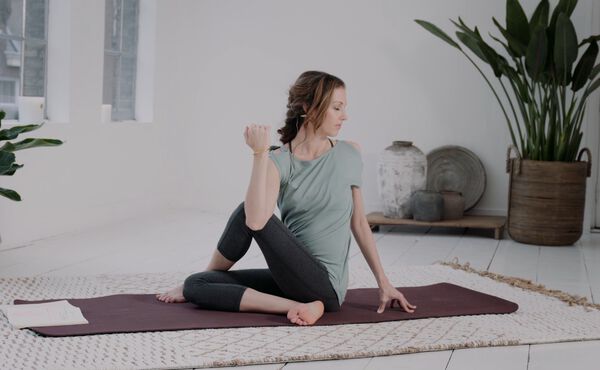Yoga has the power to enrich your life in so many ways. But don’t just take our word for it—let our expert Deborah share her personal experience. We can’t think of a better way to celebrate International Yoga Day than by slowing down and acknowledging it for the gift it is. And when you’re done reading, you can top off the celebration by following one of our exclusive video lessons.
Practice isn’t about trying to throw ourselves away and become something better. It’s about befriending who we are already.
I recently read a post on Facebook from a dear friend, who is also a yoga teacher. She expressed, honestly and eloquently, that one morning she drove herself to the hospital convinced she was having a heart attack. After being hooked up to heart monitors and going through a slew of tests, the doctors came back and offered her one word—“anxiety.” Followed by, “You should try yoga.” After confessing she was a yoga teacher, they shared a moment of awkward laughter, and she walked out.
To use her own words, she wrote that she left the hospital that day “feeling like a fraud.”
It is no secret that we live in a culture that propels us forward to change—to change our diet, change our shape, change our clothes, change our mindset. Of course, there is no harm in actively pursuing a healthier lifestyle, but it’s amazing how quickly this can shift to feelings of unworthiness or fatigue—feeling like we constantly have to throw ourselves away for the next best version of who we can be. Never settled. Never satisfied with who we are now. We know this story well.
The physical health benefits of yoga
The majority of people (up to 90%, according to some studies) begin yoga to become more flexible or get into better physical shape. And there isn’t a shortage of research to back up the physical benefits of yoga. According to a summary from Harvard University Medical School, yoga boosts weight loss, leads to a lower body-mass-index, and enhances muscular strength, endurance, flexibility and cardio-respiratory fitness. It also reduces cardio-vascular risk factors, helps to lower blood pressure in individuals with hypertension and leads to a better body image and more mindful eating practices. Obviously, these are all wonderful reasons to begin and stick to a practice of yoga.
However, a study from a paper published a few years ago in Journal of Health Psychology showed that over 60% of participants reported a shift in their primary motivation for practicing yoga over time. While most began with physical resolutions in mind, something else kept them coming back—stress relief, a sense of community, and self-discovery were among the most reported reasons. But “spirituality” was the most common answer. A shift from resolution to ritual.
Exploring yoga’s spiritual side
There is no simple way to summarise how yoga and spirituality begin to blend for many of us over time, or how yoga leads us to a deeper sense of spirituality. This is uniquely experienced by each individual and often intimately ties into someone’s personal journey, obstacles and beliefs. However, a yoga studio owner who helped to initiate the study mentioned above stated it this way: “In the beginning, you are doing yoga. Eventually the yoga starts doing you.”
This is obviously a statement that we cannot analyse too closely. It simply has to be experienced, and the only way to do this is to begin a daily ritual or regular yoga practice for yourself…and see what happens. I often encourage people to get in touch with that deep sense of curiosity within them—to let go of expectations and just be curious. It’s usually a great way to begin, and leaves room for all sorts of possibilities to emerge.
Yoga as a path to better awareness
For my friend (the one who believed she was having a heart attack), yoga did not “cure” her anxiety. But it helped her to become more aware, to turn the light on, to better manage what she lives with. In her own words, “Yoga isn’t a cure-all…it shows us where we are strong, been holding on too long, and where we need support. It doesn’t make anything necessarily go away and it can equip us to better manage the challenges we are presented with.”
I believe yoga does this because it focuses on body-awareness and cultivating a deep sense of self-acceptance. (Dare I even say self-love!) We stop the incessant chatter and the obsessive need for change. We don’t feel like we need to throw ourselves away in condemnation, always hoping for something better.
Start healing today, not tomorrow
Yoga asks us, through a mixture of mindful movement, breath awareness and stillness, to befriend who we already are. Now. Not tomorrow. Now. In this moment. And just this one internal move is immensely healing for many of us.
Then, before we think about where we want to be next, we assess where we are presently and what fuels our motivation for change. With greater awareness, we can move more lovingly and mindfully into the changes that truly serve us.
My favourite quote from the Bhagavad Gita (a sacred Eastern text) is:
Yogastah Kuru Karmani.
Roughly translated, this means “Established in Being, Perform Action.” In other words, before we act (outwardly) in our lives (making changes to our body or diet or job or lifestyle), we must first contact that internal sense of clarity and grounding.
When we make decisions from that centered internal place, of being, our actions in the world truly align with not only our own health and happiness, but with the health and happiness of those around us. And some say this is where the true path of yoga begins.

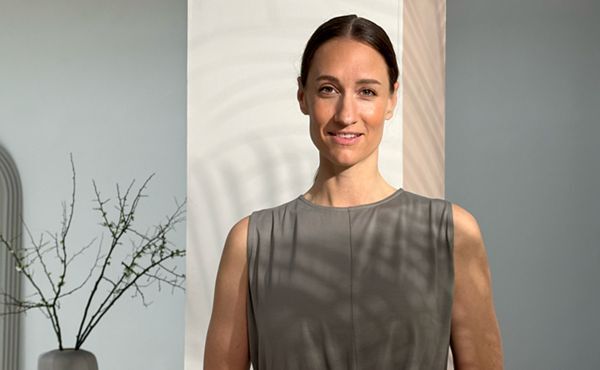
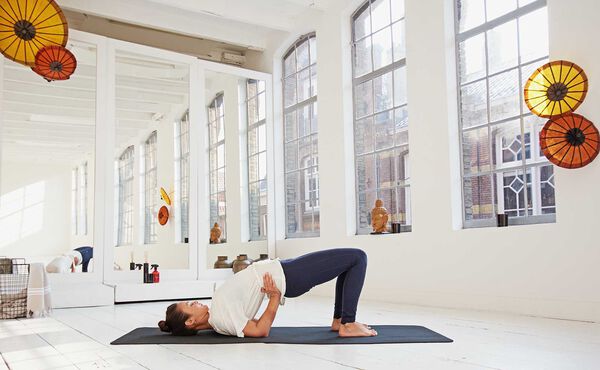
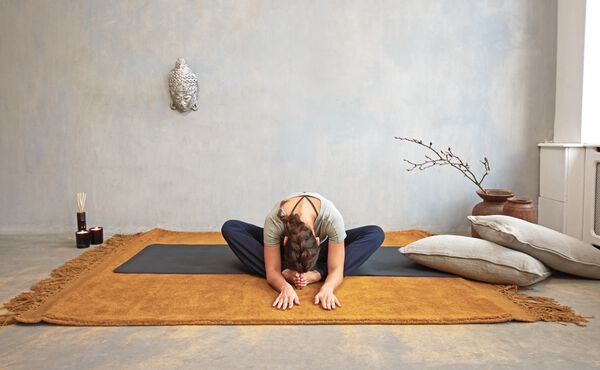
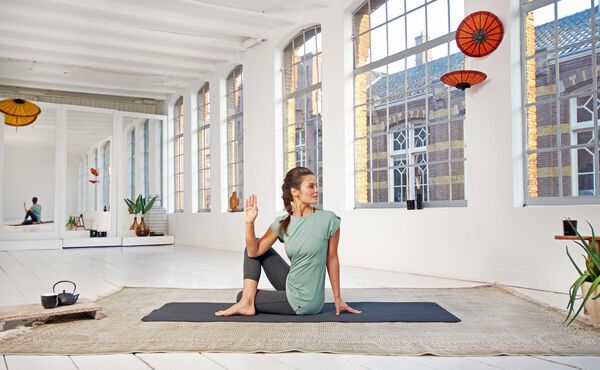
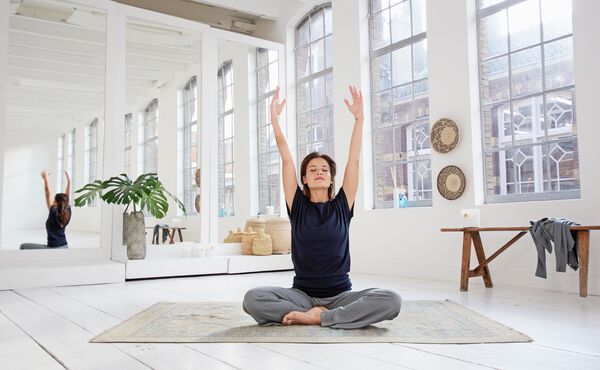
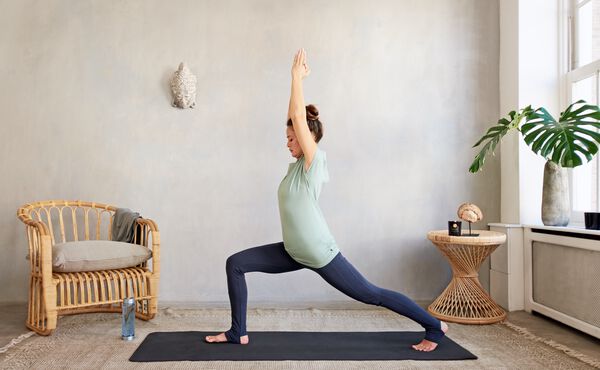


%20(1).jpg?sw=600&sh=370&sm=fit&cx=442&cy=799&cw=6672&ch=4114&sfrm=jpg)
.jpg?sw=600&sh=370&sm=fit&cx=0&cy=0&cw=1749&ch=1078&sfrm=png)

